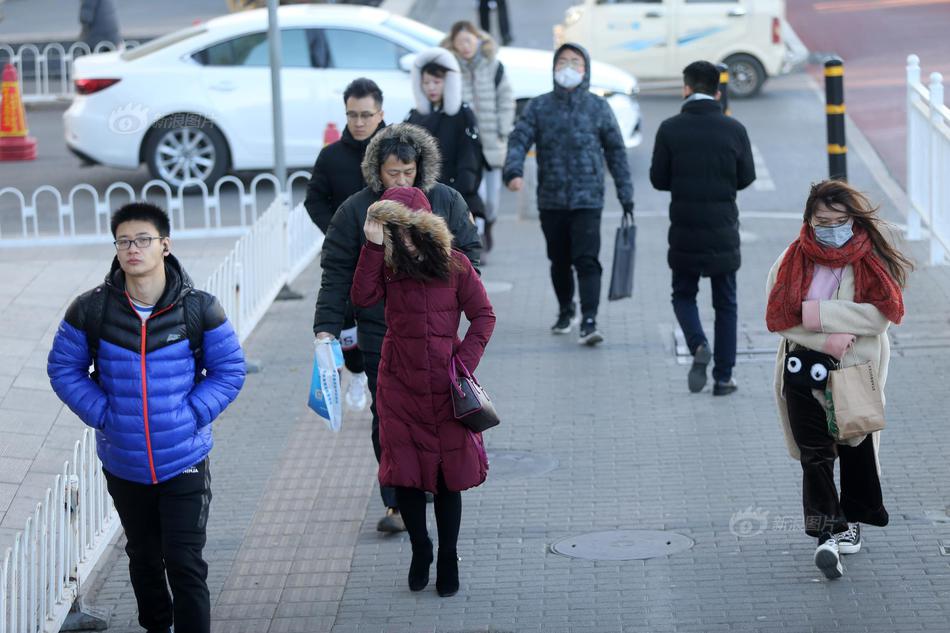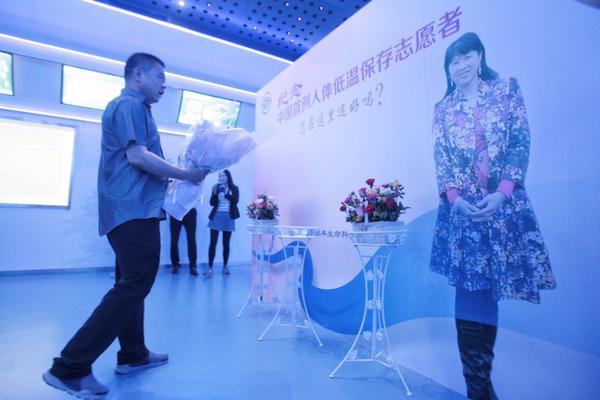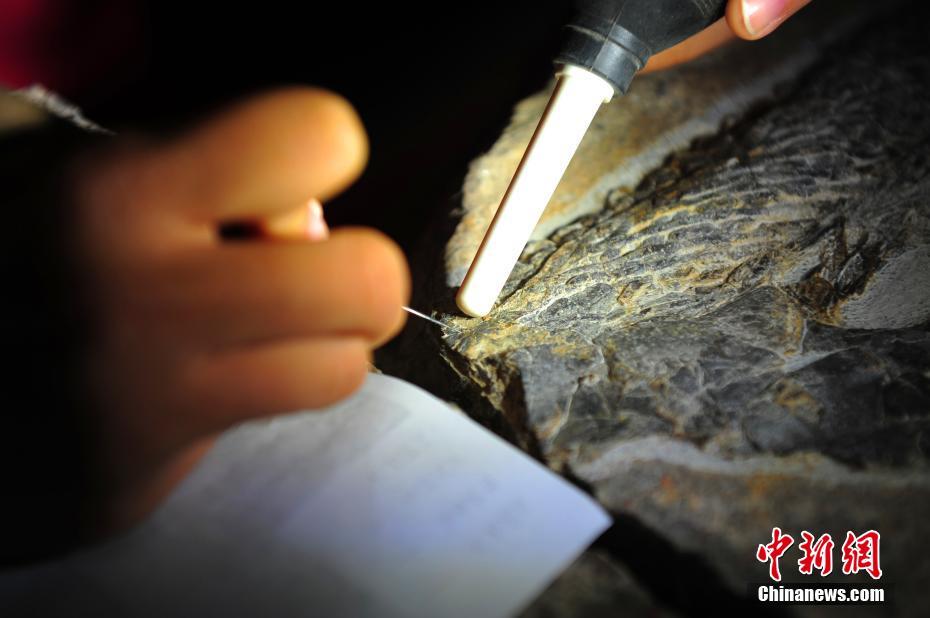Apple's new MacBook Pro has introduced us to the interface power and Philippines eroticemoji glory of the Touch Bar, but the addition of fingerprint authentication promises to change more than just the laptop's looks.
SEE ALSO: Apple unveils new, thinner and lighter MacBook Pros with 'Touch Bar' and Touch ID sensorBy adding fingerprint authentication, the MacBook finally catches up to the iPhone and iPad in the realm of security, while giving users the ability to enhance the privacy around their laptop with a simple gesture.
 Original image has been replaced. Credit: Mashable
Original image has been replaced. Credit: Mashable "I think it’s practical," Chris Pinion, manager of fraud solutions at LexisNexis Risk Solutions, told Mashable. "Biometrics have become so mainstream with consumers using fingerprint and facial biometrics on their phones and tablets to unlock devices, open apps or make purchases, that adding them to laptops would seem to be a natural fit."
You May Also Like
According to a recent LexisNexis Risk Solutions study focused on millennial attitudes and behaviors, 53 percent of U.S. respondents said they would trust biometrics as a suitable replacement for the password on laptops, even though only 14 percent of those surveyed currently use biometrics to secure their devices.
 Original image has been replaced. Credit: Mashable
Original image has been replaced. Credit: Mashable In addition to the enhanced security, the Touch Bar interface will offer the ability to use Apple Pay, a key feature that could help bolster the overall use of Apple Pay. Earlier this year, a First Annapolis survey in the U.S. claimed that, although overall awareness of Apple Pay is high, only 20 percent of iPhone 6 users surveyed said they use Apple Pay.
And while biometrics have been somewhat slow to take off in the U.S. on the payments front, thanks to the ease of use of the iPhone's Touch ID button, more and more consumers are becoming accustomed to biometrics as a security tool.
 Original image has been replaced. Credit: Mashable
Original image has been replaced. Credit: Mashable "From a consumer privacy standpoint, we applaud Apple’s decision to include its Touch ID on the new MacBook Pros," Jay Edelson, CEO of Edelson PC, a legal firm that specializes in technology litigation, told Mashable. "Like in its iOS devices, Apple set up the tech so that it isolates fingerprints to the secure enclave and preserves security by not allowing Apple (or anyone else) to misappropriate them."
"From a consumer privacy standpoint, we applaud Apple’s decision to include its Touch ID on the new MacBook Pros."
However, as with the iPhone, tying your laptop to your fingerprint does come with risks.
"From a broader security point, there are some dangerous implications — specifically, fingerprints are not provided much protection in the law enforcement setting and, if a fingerprint is all that is needed to unlock your computer, law enforcement can likely compel you to provide it," says Edelson.
Those concerns aside, Apple's newest laptop is yet another powerful push into the world of biometric security, helping to make it as normal and mainstream as the once alien concept of remembering passwords at the dawn of the personal computing and mobile phone age.
Yes, others have included biometric security in laptops before, but the Apple MacBook Pro holds a special place in the world of mobile computing, and its biometric footprint will reverberate throughout the industry.
Love it or hate it, the Touch Bar is the beginning of a new era for laptops as we know them.
Topics Apple MacBook
















